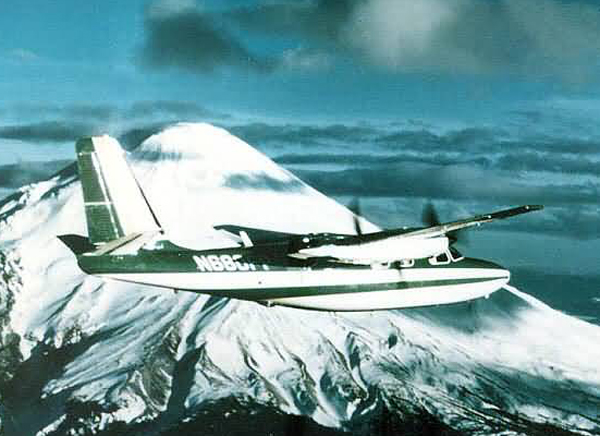Crash of a Rockwell Grand Commander 680FP in Bergerac
Date & Time:
May 27, 1977
Registration:
F-BNPE
Survivors:
Yes
MSN:
680-1385-145
YOM:
1964
Crew on board:
0
Crew fatalities:
Pax on board:
0
Pax fatalities:
Other fatalities:
Total fatalities:
0
Circumstances:
Crashed in unknown circumstances near Bergerac Airport. There were no casualties.




